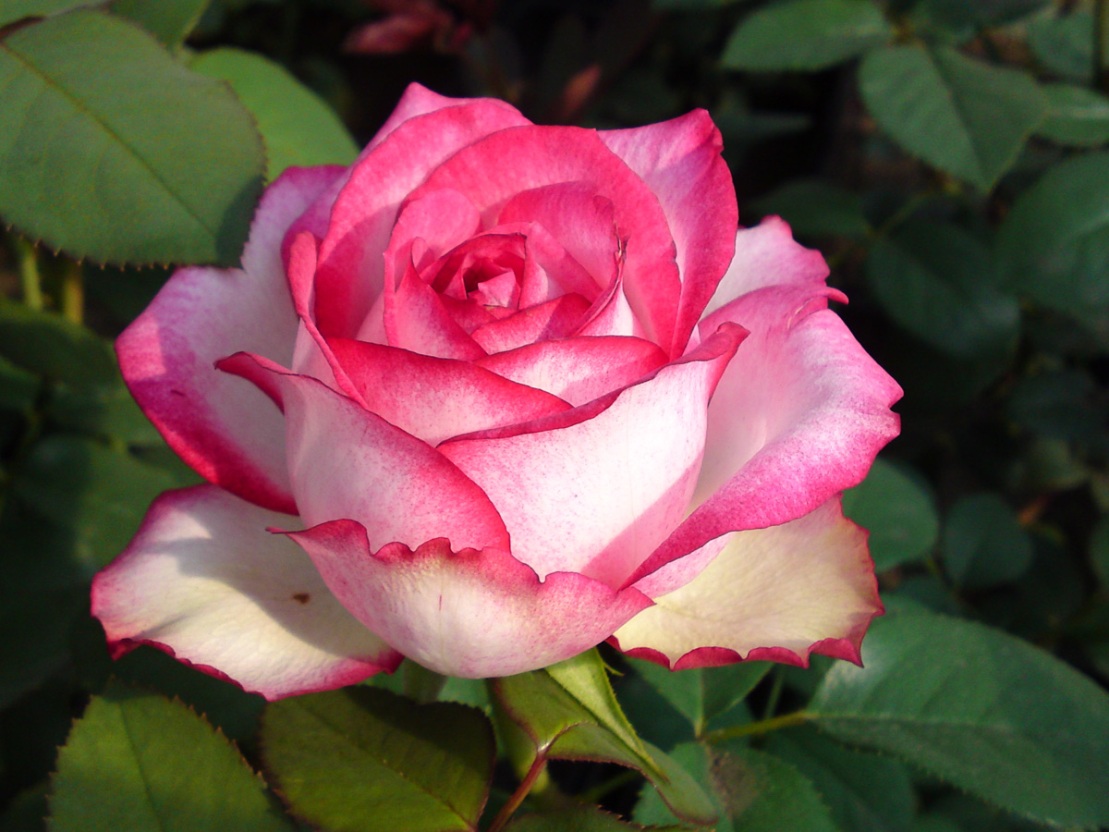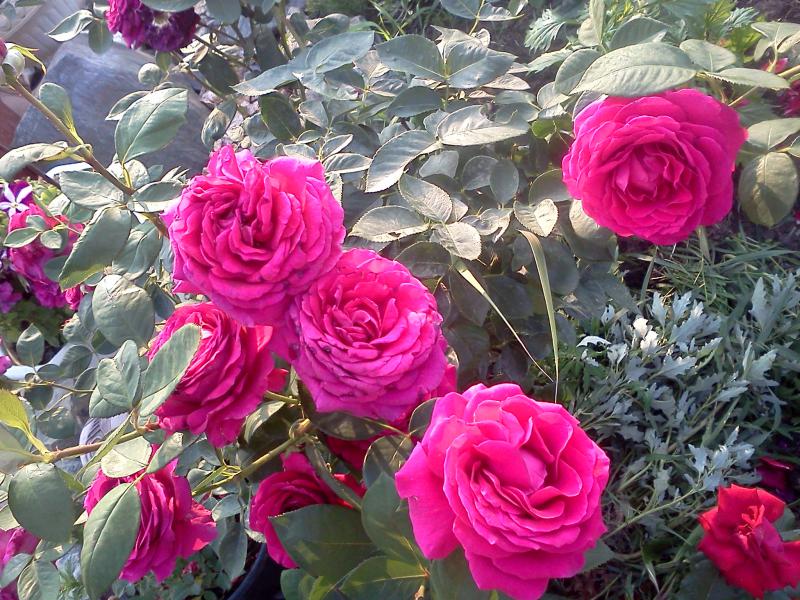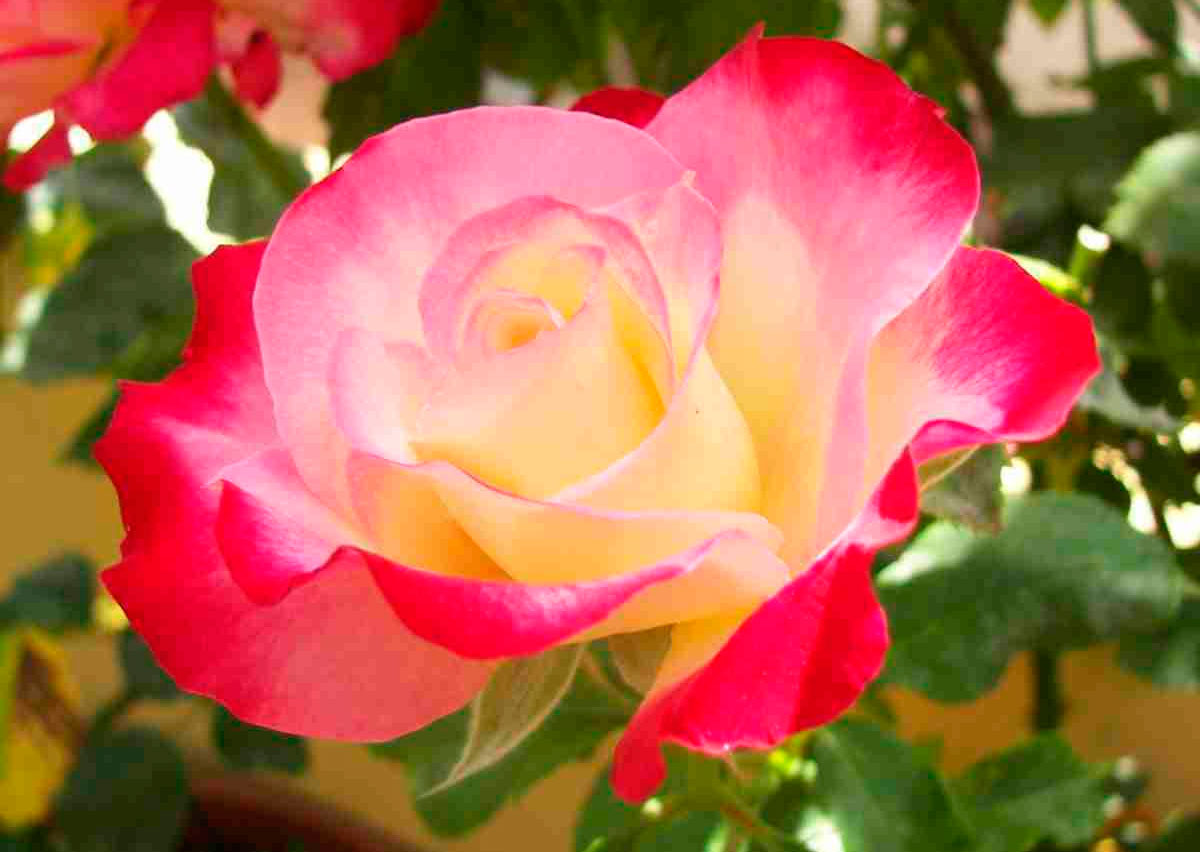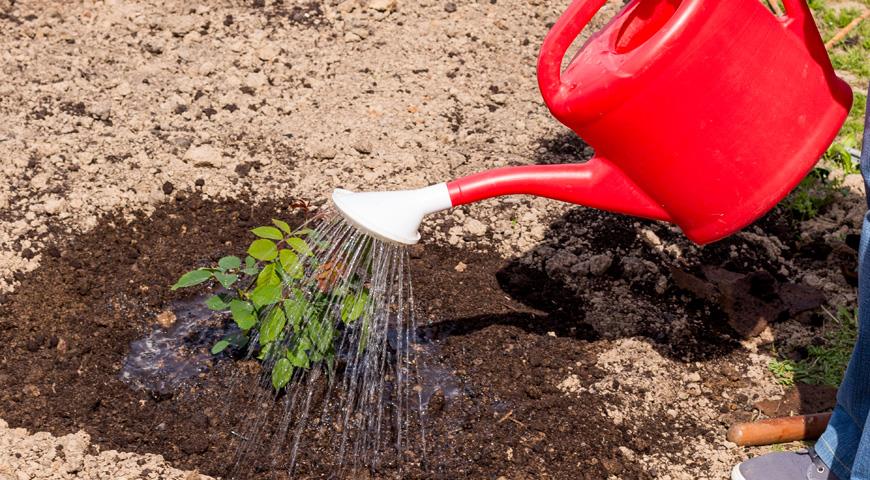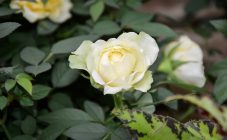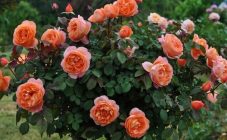Content:
- general description
- Varieties
- Rose Charles de Gaulle
- Rose prima donna
- Rose of Osiana
- Rose Utopia
- Rose variety Eddie Mitchell
- Rose Fiesta
- Hybrid tea rose Ambiance
- Bella Vita rose variety
- Rose Landora
- Rose Deep Water
- Rose Karina
- Acapella rose view
- Rose Mohana
- View of Shakira's rose
- Rose Eldorado
- Rose Alyonushka
- Rose Friendship
- Ilios rose variety
- Chopin rose variety
- Growing
- Diseases and pests
- Reproduction
Without this beautiful plant, the concept of beauty would not be complete. It is impossible to imagine holidays and a well-kept garden without it. Next, we will focus on the hybrid tea rose.
general description
Hybrid tea roses belong to the group of garden roses. This hybrid is the most popular. It was the result of crossing two plant species: tea and remontant rose.
The ancestor of the hybrid tea plant is the la France variety, created by the French breeder Jean Baptiste André Guillot. Plants of this species have surpassed all previous varieties in their properties.
This variety has two characteristic features that favorably distinguish the hybrid tea species: high quality flower and constant flowering from June to late autumn.
The main characteristics of the flower are as follows:
- Bush size: medium-sized bushes reach 60-70 m in height. The size of a tall bush is 80-100 m.
- Flower size - 10-14 cm.
- The buds are double and double. Terry ones have 25-30 petals, densely double ones - 50-60. The buds can be single or in small inflorescences.
- The colors of the plant are varied and have a rich range of colors. The texture of the flower is also different.
- The smell of this hybrid includes a different range - from light, subtle to thick, rich.
- Flowering begins in summer and lasts until late autumn.
Varieties
This species has more than 10,000 varieties with various names. They all have their own differences, some of them are described below.
Rose Charles de Gaulle
The variety has a lilac color of a bud with wavy double petals, the size of which is 12-14 cm, the height of the bush is 80-100 m. The shoots are distinguished by their strength. The variety has a scent with hints of verbena and lemon.
Rose prima donna
It is a kind with a cream colored flower. The size of the bud is 10-12 cm. The bush reaches 1-1.5 m in height. The variety is resistant to disease and cold.
Rose of Osiana
Differs in soft pastel colors. The stem has one inflorescence 10-11 cm in size. The bush grows to 1.2-1.75 m, width - 125 cm. The variety is resistant to diseases.
Rose Utopia
It has multi-colored buds. Shades smoothly pass from one to another from pink-burgundy to salad and orange. The size of the flower reaches 11 cm. The size of the bush is 1.3 m in height. The delicate aroma of the variety is dominated by a peach flavor.
Rose variety Eddie Mitchell
It has the ability to change its color throughout the season from burgundy to black. Floribunda size is 8-12 cm. The aroma is light or absent. The variety is resistant to disease.
Rose Fiesta
With a yellow-cream color. This species is characterized by the lack of aroma. The height of the bush reaches 1 m in height, the diameter of the flower is 10-12 cm. It has an average resistance to diseases and cold weather.
Hybrid tea rose Ambiance
It blooms throughout the season and has a light subtle scent. The inflorescences are yellow with a crimson edging. The size of the bud is 8-10 cm, the bush is 80-100 cm. From 1 to 3 buds are formed on the bush. The variety can be grown for cutting.
Bella Vita rose variety
It grows up to 60-80 cm. Flowers have a two-color color: white and additional pink at the edges of the petals. The size of the buds can reach 14 cm. The number of petals in the inflorescence is up to 40. The variety is resistant to diseases.
Rose Landora
Variety with deep yellow inflorescences. Disease resistance is average. The size of the buds is 11-12 cm, the height of the bush is 1-1.25 m.
Rose Deep Water
Has a pleasant purple color. The size of the inflorescences reaches 12 cm. It blooms profusely and has a high resistance to disease, as well as to cold weather. The variety can be grown for cutting flowers. The durability of a cut flower is 12-14 days.
Rose Karina
It has a bright aroma, and the rose also has pink flowers. The size of the inflorescences is 12 cm. The height of the bush is 1 m. This species should be covered for the winter.
Acapella rose view
It has a strong smell and dense double flowers with a size of 13 cm. The bush is erect. It reaches a height of 1.5 m. The color of the bud is pink with a raspberry tint.
Rose Mohana
It stands out with flowers of a bright yellow saturated color, which are located on a straight bush, the height of which reaches 1 m. This species is characterized by an average resistance to diseases and a light aroma.
View of Shakira's rose
Differs in a beautiful raspberry color with a pinkish tint. Stem height - 1.2 m. The species is resistant to diseases. The size of the inflorescences is 12 cm. The plant has a light spicy-fruity aroma. Blooms profusely from early spring until the first frost.
Rose Eldorado
With buds of a delicate golden salmon color. Flowers 6-8 cm in size are located on a bush, the height of which reaches 80 cm. It has a light aroma.
Rose Alyonushka
With inflorescences of a pale pink shade, the size of which reaches 16 cm. The variety is highly resistant to disease and cold. Has a scent of rose oil with hints of orange.
Rose Friendship
With two-colored inflorescences of yellow and red shades, the size of which is 9 cm. Has a light aroma. The height of the bush is 80 cm. It has 1 to 3 buds. The variety is resistant to diseases and keeps rain well.
Ilios rose variety
It has bright yellow-lemon dense double flowers, the size of which reaches 10 cm. The bush of the plant is erect, practically without thorns. Its height reaches 80 cm. The aroma of the variety is light. It is resistant to disease and frost.
Chopin rose variety
Large (13 cm) creamy white flowers. The bush is upright, grows up to 1.2 m in height. The smell of inflorescences is weak. The species has an average resistance to diseases.
Growing
This is a capricious plant and does not differ in hardiness. When planting and caring, it is important to consider the main points of cultivation.
Landing
The basic landing rules are as follows.
- Produced in springtime.
- For planting, you should choose a sunny place without drafts.
- The size of the pit should be from 30 to 50 cm, the distance between the pits should be 30-50 cm.
- Before planting seedlings in open ground, they should be treated with a manure mixture of water, manure and clay in a 1: 1: 2 ratio.
- Around the planted plant, it is necessary to make an earthen roller so that the water does not spread during watering.
- At the end of planting, the bush must be spud.
Growing
It is required to prune the bush. This should be done in spring, summer and autumn. The first year the bush is cut for 2-3 buds, then - for 5-7 buds. In the spring, this procedure awaits old and sick shoots. In summer, sanitary pruning is carried out: dried leaves and flowers, as well as the shoots on which they grew, are removed.
Watering
The plant needs systematic watering. In hot summer weather, the plant is watered once a week. In the autumn period, watering should be reduced to 1 time in 1.5-2 weeks.
Basically, this type of plant does not have high winter hardiness, it all depends on the variety. Before the onset of cold weather, the bushes should be cut off, leaving shoots 10 cm high. The upper part of the remaining shoots is sprinkled with ash. Then the plant is sprinkled and sprinkled with dry leaves and branches of fir trees. You can wrap the shrub in agrofibre, leaving an airspace for adequate air circulation.
Top dressing
For good growth, the hybrid tea variety must be fertilized.To do this, it is constantly fed with complex mineral fertilizers in the spring, during budding and after flowering. In summer, it is recommended to combine mineral and organic fertilizers.
Diseases and pests
The plant must be constantly examined for damage by pests and various diseases.
Leaves can infect spider mites, aphids, leaf rollers. Damaged leaves must be removed, and the bush must be treated with special protective equipment according to the instructions.
Most often, the flower is affected by fungal diseases:
- powdery mildew;
- rust;
- gray rot;
- black spot.
The main cause of disease lies in excess moisture. Therefore, it is important to comply with watering rates.
Treatment is carried out with fungicides. It can be Fundazol, Topaz, etc. Treatment of the plant is carried out according to the instructions.
It is necessary to treat the rose with fungicides for prevention purposes.
Reproduction
Plant propagation occurs by cuttings. Shoots that bloom in the summer are selected as cuttings.
Carrying out all the measures for the care of this beautiful flower, you can admire the abundant flowering of the plant throughout the summer and until late autumn. Even a beginner can handle this. The rose will delight you with a varied palette of colors and an incredible aroma.
